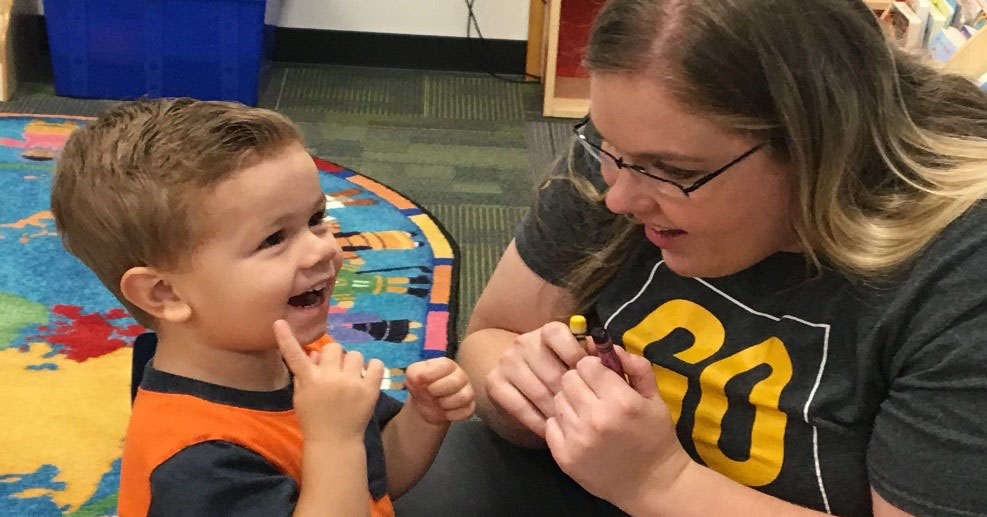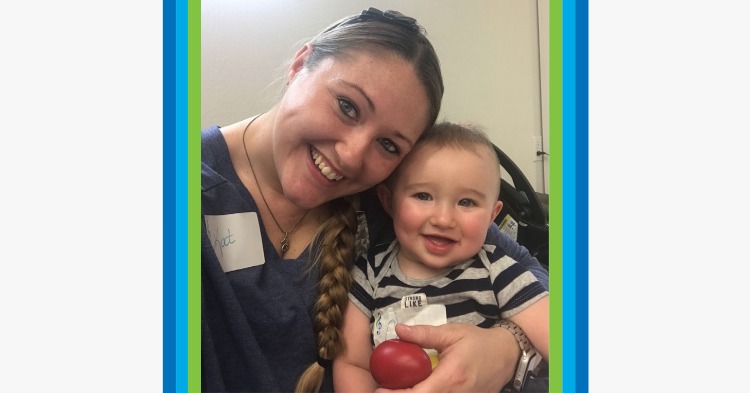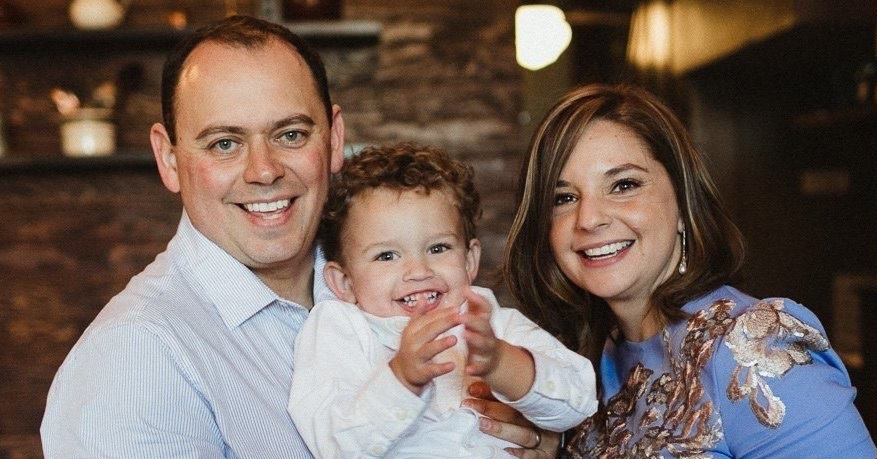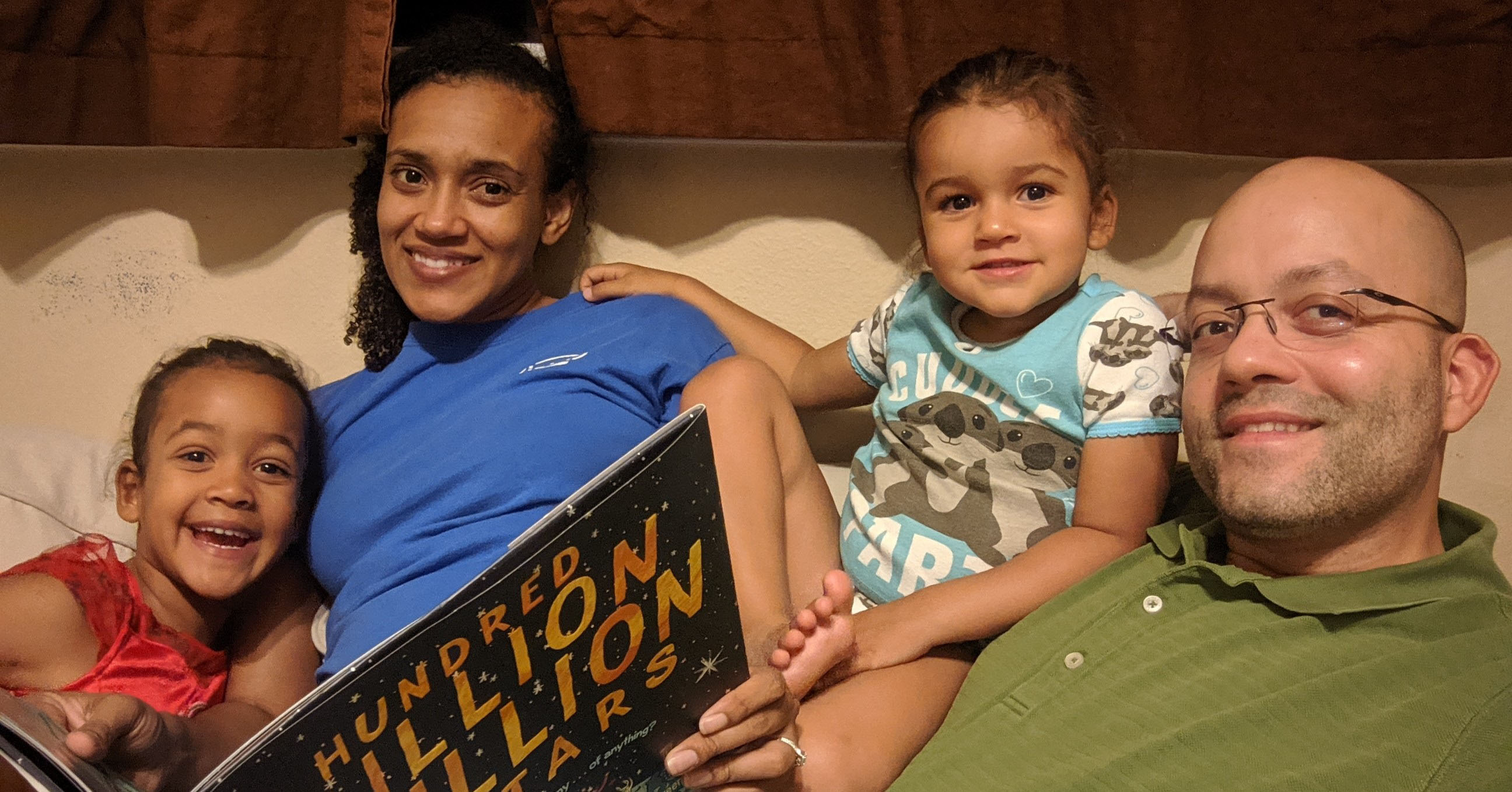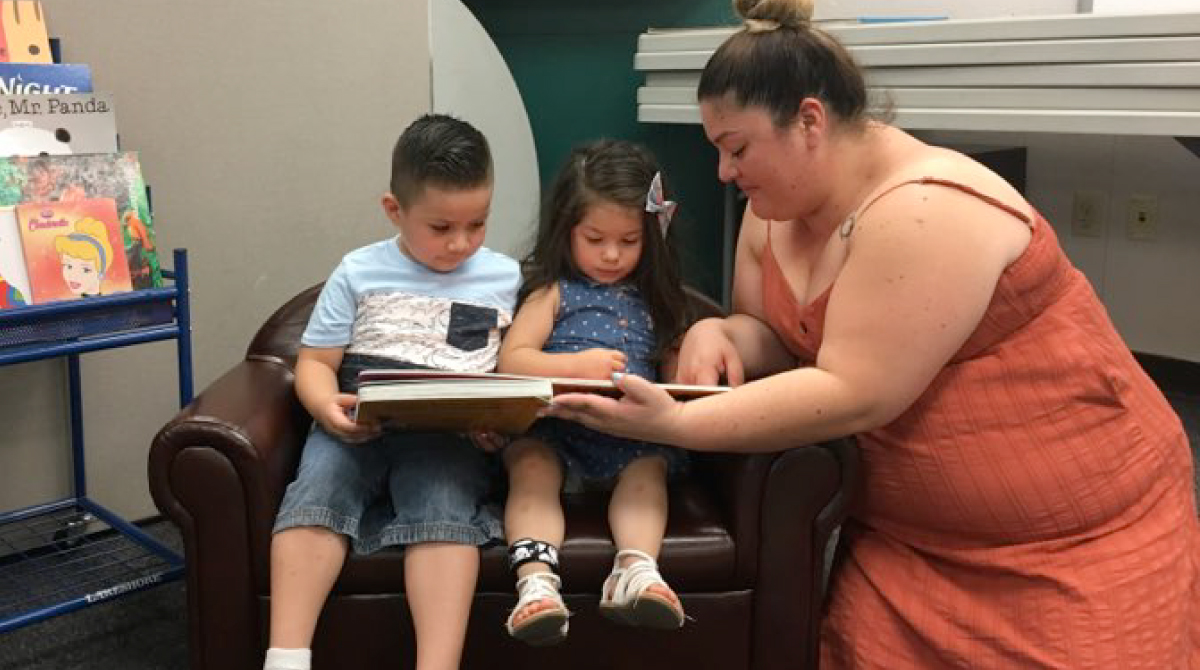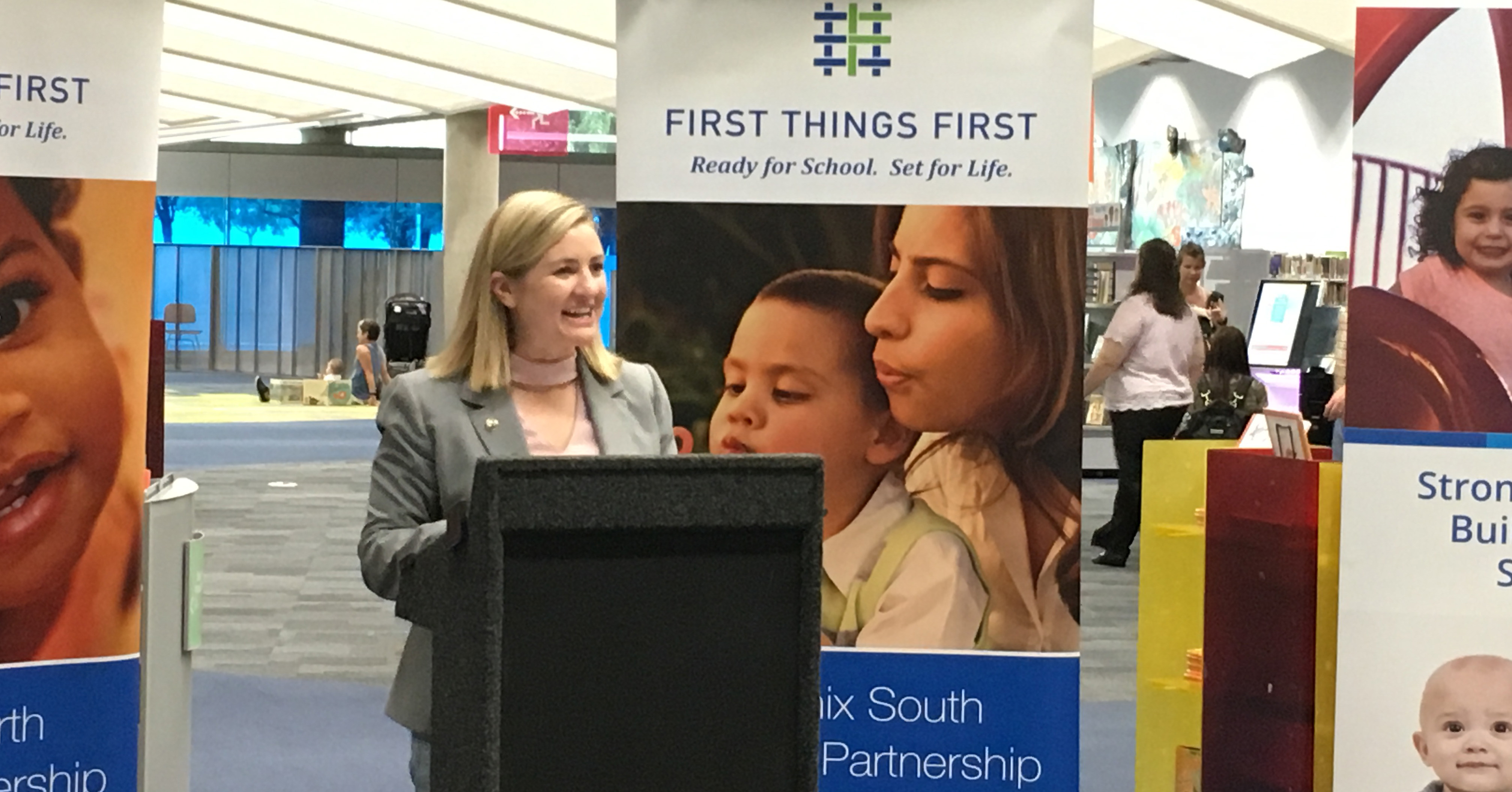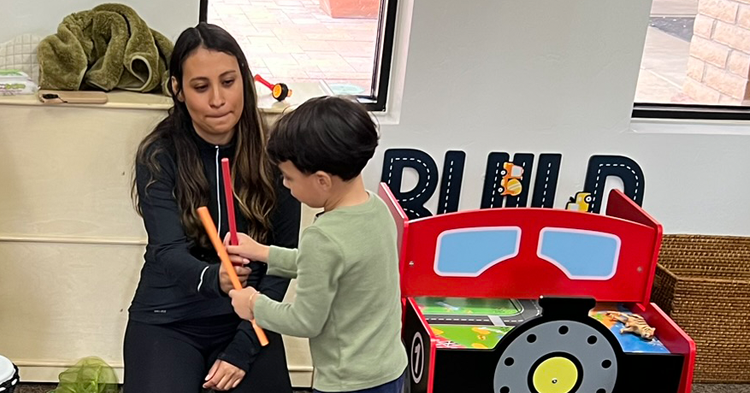
Family resource centers may be the best-kept secret that shouldn’t be.
That’s what Claire Louge, executive director of Prevent Child Abuse Arizona said about the community hubs that provide flexible, family-focused and culturally-responsive information, resources, referrals to services and parenting activities. The centers, often known by the acronym FRC, connect families to the information, resources and services they need to support their child’s optimal health and development.
“FRCs don’t see themselves as preventing child abuse and we don’t lead with that fact, but systemically it’s what they do,” Louge said. “It’s a public health approach to prevention, getting people what they need. What I notice as soon as I walk in the door of an FRC is that it’s not a government building. It’s not sterile. It’s for families.”
First Things First (FTF), Arizona’s early childhood agency, funds family resource centers in Maricopa, Pima and Santa Cruz counties. As National Child Abuse Prevention Month begins in April, a closer look at the family resource center strategy shows how a place that normalizes the concept that families need support is the perfect climate to support child safety and family well-being.
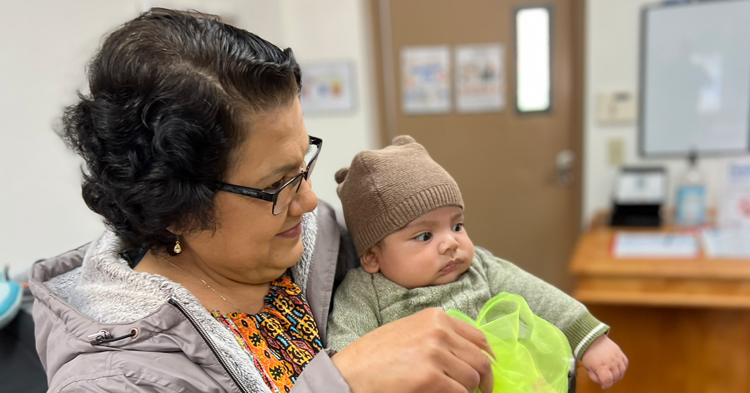
FTF funds $9.5 million into family resources centers in eight regions to help support parents as their child’s first teacher. At these one-stop centers for families of kids birth to age 5, families and caregivers can attend parenting classes on topics such as early literacy, the importance of play to children’s learning and how to deal with challenging behaviors.
“It’s intimidating to walk into an agency looking for help,” said Cory Underhill. She’s currently the Family Resource Center Coordinator for the Peoria Unified School District, but has years of working in the early childhood world.
“Family resource centers have become an all-encompassing solution to what needs to be in place for families to thrive. We need ways to get information out to parents and FRCs help us reach them through multiple touch points.”
On a recent Friday, Mia Ruiz chatted with the parent aid who was a few minutes away from leading a Zumbini class at the Sahuarita Family Resource Center, which is funded by the FTF Pima South Regional Council. Parents and caregivers gathered in a modified classroom/playroom. Ruiz, the family resource center coordinator, greeted each family with a friendly hello, some with their baby in a stroller, others holding the hand of their son or daughter as they entered the room.
The kid-friendly dance music soon had babies and toddlers, along with adults, moving and shaking. Some used colorful scarves to gain attention, while others shook maracas and banged on mini bongo drums, creating community as the beat went on.
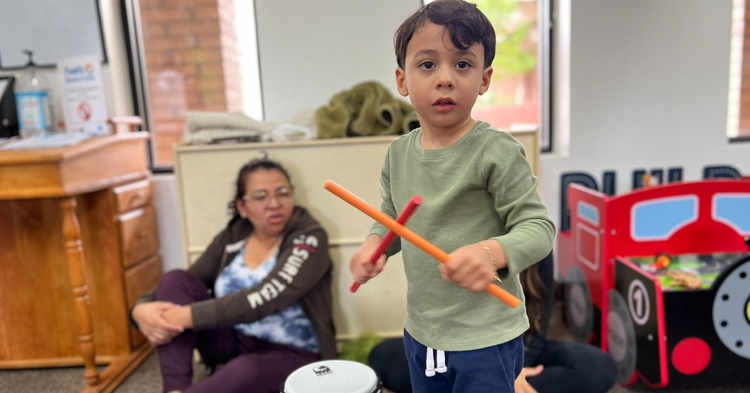
“It helps parents have interactions with their little ones without feeling stressed,” Ruiz said. “Today is a fun class.”
A look at the month’s parenting education classes include sessions on brain waves and how a baby learns, a virtual support group for divorced parents, parental self-care, building financial security and an introduction to baby sign language.
A lot of families didn’t know each other before they started attending classes at the Sahuarita center. But now Ruiz said she has watched as families become friends and start offering each other rides to the grocery or share hand-me-down clothing that their child has outgrown. “Family support is child abuse prevention,” Louge said. “Where there is a presence of the protective factors, we can prevent child abuse and neglect, build stronger family and community relationships and empower families to thrive in challenging situations.”
Two decades ago, the Center for the Study of Social Policy introduced the five protective factors that help families eliminate stress more effectively and that can mitigate and reduce adverse childhood experiences.
These five protective factors are:
- Parental Resilience – Families who are resilient are more likely to manage stress and function well when faced with challenges.
- Social Connections – Positive relationships with family members, friends, neighbors, co-workers, community members, and service providers can help provide emotional, informational and spiritual support.
- Concrete Supports – Concrete support in times of need helps to ensure families receive basic necessities and help minimize stress.
- Knowledge of Parenting and Child Development – Understanding parenting strategies and child development helps families know what to expect and how to provide what children need during each developmental phase.
- Social and Emotional Competence of Children – Positive interactions help children learn to communicate clearly, recognize and regulate their emotions and build healthy relationships.
For Underhill and the two family resource centers in the Peoria school district that she coordinates, it’s all about developing relationships with families. The two centers serve families in the district’s 17 schools.
“There’s this approachability about going to a school,” said Underhill, while also acknowledging that family resource centers can be found in other settings. With resource centers located in school settings, families create connections with one another and with their community.
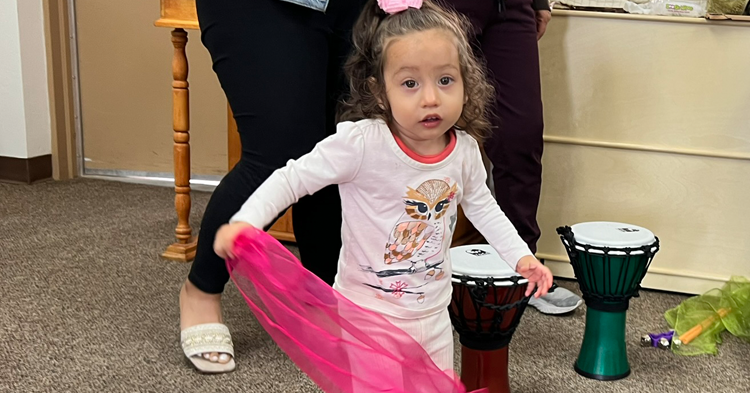
“Being a place where families can find resources and referrals only works when there’s a trust factor,” she said. “We’ve got families that have been coming for four to five years. They keep coming back. There’s a foundational effect for not just their children, but their social connections continue to grow. And when something does happen that they need help with, they feel comfortable asking. They know they can count on us. We’re there to help (them) get through the system. We let them know that asking for support is normal.”



